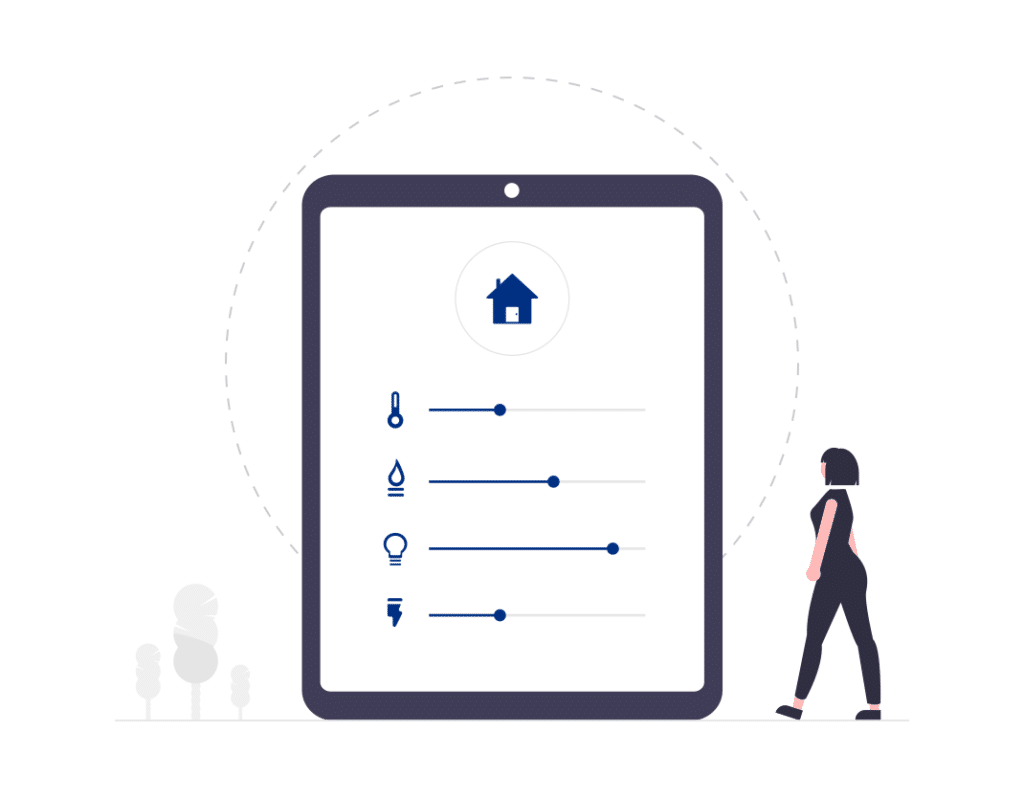With a locally stored system, you maintain complete control over your video data, reducing the risk of third-party access or breaches that can occur with cloud-based services.
Local storage allows for quicker access and retrieval of footage, as there’s no need to download large files from the cloud, which can be time-consuming depending on internet speed.
Local systems can often be customized to a greater extent, including the choice of storage capacity, recording settings, and integration with other local systems, providing flexibility not typically available with cloud-based solutions.
A locally managed system is not dependent on internet connectivity for recording or accessing footage, making it more reliable in areas with unstable or slow internet connections.
Typically feature higher build quality, often designed for professional and enterprise use. They are built to withstand harsher environmental conditions and are often more durable over time.
Designed for consumer use, these cameras are generally more affordable but may use less robust materials, making them less durable in harsh environments.
Known for high-definition video with excellent clarity, even in low-light conditions. They often offer advanced features like optical zoom and customizable recording settings.
While Ring offers HD video, the quality is generally lower than Ubiquiti, particularly in low-light conditions or when dealing with fast-moving objects.
Typically have higher processing power and can handle more complex tasks, such as on-device video analytics, without requiring cloud processing. They also integrate seamlessly with Ubiquiti’s network equipment, allowing for a robust and scalable surveillance network.
Rely heavily on cloud processing for features like motion detection and video storage, which can introduce latency and make the system dependent on a stable internet connection.
Designed to scale up for larger installations, making them suitable for both small and large properties, with extensive options for network integration and expansion.
While they can be expanded, they are typically more suited to small-scale installations and might struggle with performance and management in larger setups.
In summary, locally stored, customer-managed systems like those using Ubiquiti cameras offer superior control, privacy, and quality, particularly for users who need a robust, scalable, and reliable surveillance solution. In contrast, cloud-based options like Ring are more convenient for consumers seeking an easy-to-use, lower-cost solution but come with trade-offs in terms of privacy, customization, and long-term cost.
With a locally stored system, you maintain complete control over your video data, reducing the risk of third-party access or breaches that can occur with cloud-based services.
Local storage allows for quicker access and retrieval of footage, as there’s no need to download large files from the cloud, which can be time-consuming depending on internet speed.
Local systems can often be customized to a greater extent, including the choice of storage capacity, recording settings, and integration with other local systems, providing flexibility not typically available with cloud-based solutions.
A locally managed system is not dependent on internet connectivity for recording or accessing footage, making it more reliable in areas with unstable or slow internet connections.

